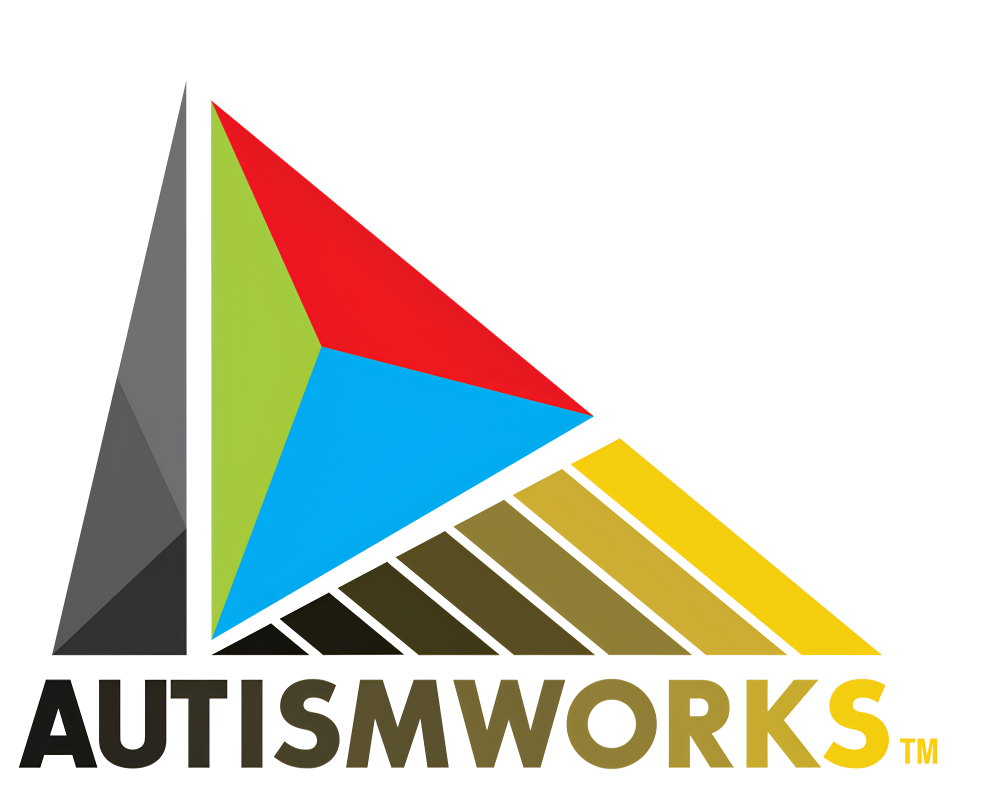Embracing Yourself: The Journey to Self-Acceptance
Hello AutismWorks Community,
Self-acceptance is a powerful step toward living a fulfilling life. It’s about recognizing who you are—your strengths, your challenges, and everything in between—and understanding that you are enough just as you are. For individuals with autism and their loved ones, self-acceptance is key to building confidence, resilience, and meaningful connections.
In this edition, we’ll explore what self-acceptance means, why it’s so important, and how to take steps toward embracing your authentic self.
What is Self-Acceptance?
Self-acceptance is the ability to fully embrace yourself without judgment. It means recognizing your unique traits, celebrating your strengths, and acknowledging your challenges without letting them define you. It’s not about being perfect—it’s about being honest with yourself and finding peace in who you are.
Why Self-Acceptance is Important
For individuals with autism, self-acceptance can foster confidence and emotional well-being. Instead of focusing on meeting external expectations or fitting into societal norms, self-acceptance allows you to celebrate what makes you unique.
- Builds Confidence: Accepting yourself helps you approach life with courage and self-assurance.
- Improves Mental Health: Embracing who you are reduces feelings of self-doubt, anxiety, and stress.
- Strengthens Relationships: When you accept yourself, it’s easier to build authentic connections with others.
Steps to Embrace Self-Acceptance
Self-acceptance is a journey, not a destination. Here are some ways to take steps toward embracing your true self:
-
Focus on Strengths
Take time to reflect on what you do well. Whether it’s a creative talent, problem-solving skills, or kindness toward others, recognizing your strengths can help shift your focus from self-criticism to self-appreciation. -
Practice Self-Compassion
Be kind to yourself, especially on tough days. Instead of dwelling on mistakes or shortcomings, remind yourself that everyone has challenges and that you’re doing your best. -
Celebrate Your Uniqueness
Embrace the traits that make you different. Whether it’s the way you think, the interests you pursue, or the way you communicate, remember that your uniqueness is your strength. -
Set Realistic Expectations
It’s okay not to have all the answers or to feel like you need to meet every goal right away. Give yourself permission to grow at your own pace. -
Surround Yourself with Supportive People
Spend time with people who accept you for who you are and encourage you to be your authentic self. Positive relationships can reinforce self-acceptance.
How Caregivers Can Encourage Self-Acceptance
For caregivers, supporting self-acceptance involves creating a nurturing environment where individuals feel safe to be themselves. Here’s how:
- Reinforce Positivity: Highlight accomplishments and celebrate strengths, no matter how small.
- Encourage Self-Expression: Allow individuals to explore their interests, hobbies, and passions without judgment.
- Model Self-Acceptance: Show that it’s okay to make mistakes and embrace your own imperfections—it sets a powerful example.
Self-Acceptance in Daily Life
Embracing self-acceptance doesn’t have to involve big changes. Small, everyday actions can make a big difference:
- Start a Gratitude Journal: Write down things you like about yourself each day to build self-appreciation over time.
- Practice Positive Affirmations: Repeat affirmations like, “I am enough just as I am” or “My differences are my strengths.”
- Take Breaks When Needed: Accepting yourself means understanding when to rest and recharge without feeling guilty.
The Freedom of Self-Acceptance
Self-acceptance is one of the greatest gifts you can give yourself. It’s a journey of embracing who you are, building confidence, and finding peace in your unique identity. By taking small steps each day, you can grow closer to a life filled with self-compassion and authenticity.
At AutismWorks, we believe in the power of self-acceptance to create a more inclusive, understanding world. Let’s continue to support one another as we celebrate every step forward in this journey.
Warm regards,
Tyler McNamer



Responses